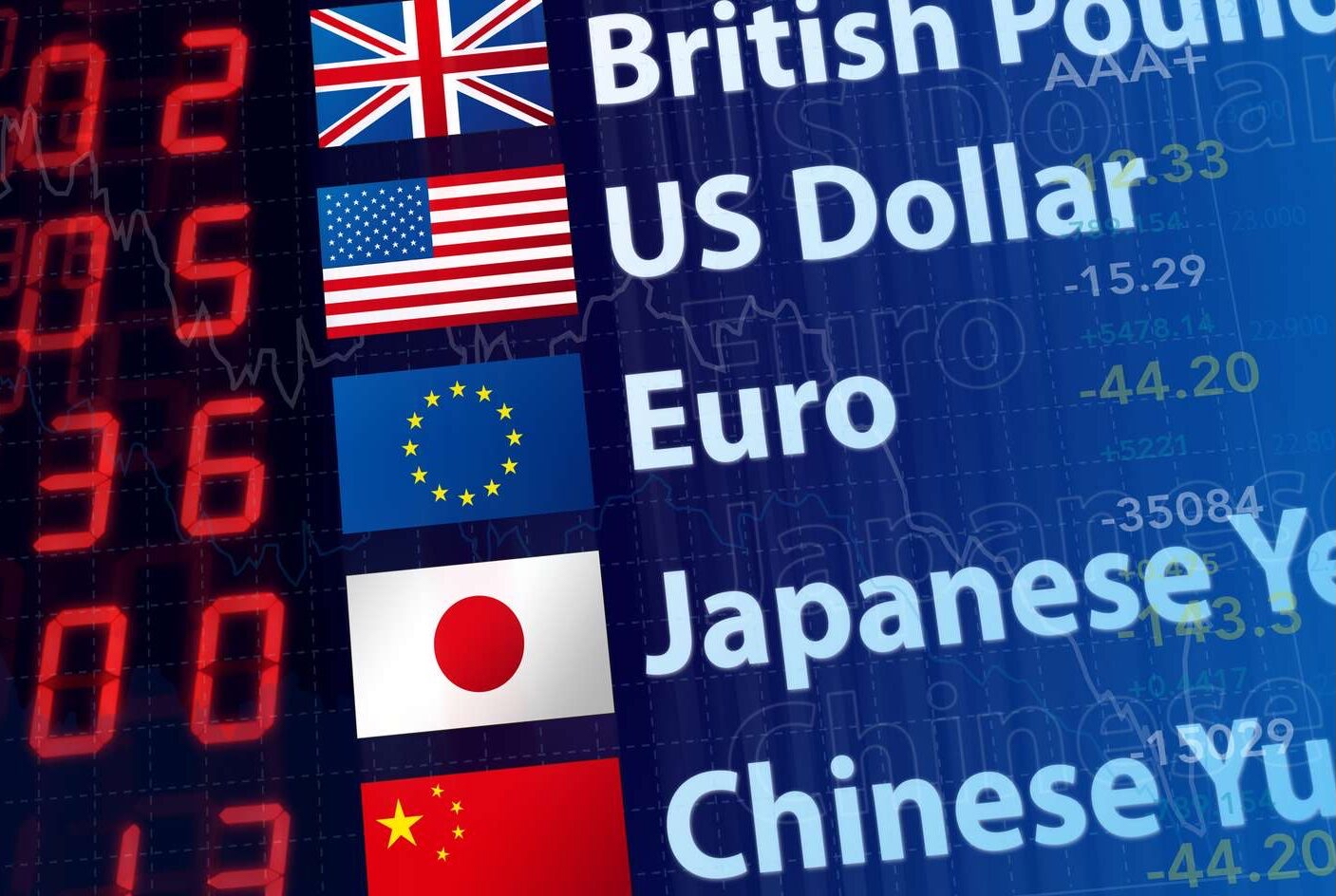Forex (foreign exchange) policies are a cornerstone of Nigeria’s economic framework, directly shaping the performance of key industries. Import-dependent sectors like manufacturing, retail, and technology are particularly sensitive to these policies, which impact production costs, supply chains, and consumer behavior.
For Nigerian investors, understanding the implications of forex controls and import substitution policies is essential for making informed decisions about stocks and investments in Nigerian companies.
Impact of Forex Policies on Import-Dependent Sectors
1. Manufacturing
• Dependence on Imported Inputs:
Many Nigerian manufacturers rely heavily on imported raw materials, machinery, and technology. Forex restrictions, such as limits on accessing foreign exchange for specific imports, raise production costs and reduce profit margins for companies like Dangote Cement and Flour Mills of Nigeria.
• Devaluation and Inflation:
A scarcity of forex weakens the naira, increasing the cost of imports and making it harder for manufacturers to compete and meet local demand.
2. Retail
• Cost of Imported Goods:
Retailers dealing in electronics, clothing, and luxury items face significant challenges as forex controls increase import costs. Companies like UAC of Nigeria and Shoprite Nigeria experience shifts in consumer demand as a result.
• Reduced Consumer Purchasing Power:
Higher prices for imported goods reduce consumer spending, particularly for non-essential items.
3. Technology
• Limited Access to Hardware:
Technology companies, including fintech players like Flutterwave and MTN Nigeria, face increased costs for importing servers, gadgets, and software tools, which stifles expansion.
• Increased Cost of Innovation:
Forex instability and import restrictions make adopting global innovations expensive, limiting the growth potential of Nigerian tech firms.
The Role of Import Substitution Policies
In response to forex challenges, the Nigerian government has prioritized import substitution to reduce dependency on imports and strengthen local production. These policies have reshaped supply chains and opened new opportunities for investors.
Boosting Local Industries
• Agriculture:
Policies promoting local production of staples like rice and wheat have benefited companies such as Olam Nigeria and Presco PLC.
• Manufacturing:
Support for industries like cement (e.g., Dangote Cement and BUA Cement) has reduced import dependency and encouraged local sourcing.
Reshaping Supply Chains
• Encouraging Backward Integration:
Companies are investing in sourcing raw materials locally. For instance, Nestlé Nigeria and Unilever Nigeria now work more closely with Nigerian farmers.
• Fostering Local Partnerships:
Import substitution policies are driving collaborations between local suppliers and manufacturers, benefiting sectors like packaging and logistics.
Investment Opportunities in Local Production and Export-Oriented Sectors
1. Agriculture and Agro-Processing
• Companies like Okomu Oil Palm and Dangote Sugar are thriving under policies favoring local production.
• Agritech startups and agro-processing ventures offer significant returns due to rising demand for mechanized farming and local food production.
2. Manufacturing
• Cement giants such as Dangote Cement, Lafarge Africa, and BUA Cement are key players benefiting from local sourcing initiatives. Their capacity for expansion into export markets provides long-term value for investors.
3. Export-Oriented Businesses
• Sectors like textiles and solid minerals are gaining traction due to government incentives for non-oil exports. Companies focusing on export markets benefit from forex earnings, reducing exposure to naira devaluation risks.
4. Technology and Innovation
• Despite forex challenges, fintech companies like Flutterwave, Paystack, and MTN Nigeria continue to grow, driven by the demand for digital payments and financial services.
Strategies for Investors in the Current Forex Climate
1. Focus on Resilient Companies
Invest in Nigerian companies with robust local supply chains, such as Dangote Group or Nestlé Nigeria, which are better positioned to withstand forex volatility.
2. Look at Export-Driven Firms
Companies earning foreign exchange from exports, such as Seplat Energy, offer a hedge against naira devaluation and forex scarcity.
3. Diversify Portfolios
Balance investments across sectors benefiting from local production (e.g., agriculture) and those exposed to global markets (e.g., fintech).
4. Monitor Policy Changes
Stay informed about CBN forex policies and government trade initiatives. These shifts directly affect the profitability of sectors and companies.
Conclusion
Forex policies have a profound impact on Nigeria’s import-dependent sectors, influencing costs, supply chains, and profitability. While these policies present challenges, they also create opportunities for investors to align with government priorities and market trends.
By focusing on resilient companies, export-driven firms, and sectors benefiting from local production, Nigerian investors can navigate forex volatility and capitalize on emerging opportunities. Whether you’re investing in Nigerian stocks like Dangote Cement or exploring export-oriented sectors like agriculture and fintech, staying informed and proactive is key to building a sustainable investment strategy.
